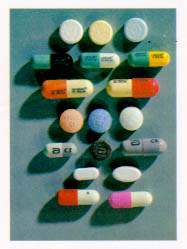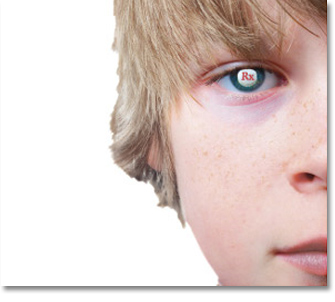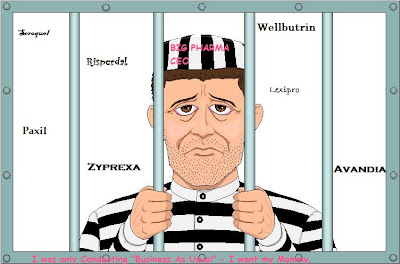
Pharmaceutical Scandal in Britain Sheds Disturbing New Light on Benzodiazepines
Touted as the world’s first wonder drug, benzodiazepines—”benzos” for short—were widely prescribed in the 1960s for anxiety and stress. Within a decade they had become the most commonly used treatment for such conditions in the States and Britain. Use of benzos such as Valium, Mogadon, and Librium in both countries was widespread. Today, the same class of drugs—including Klonopin, Xanax, and Ativan—is still frequently prescribed for anxiety and panic. Widely known to be addictive and to cause a range of serious side effects, benzos became less popular in the 1980s and 1990s owing largely to the rise of SSRI antidepressants, which were widely considered to be safer and nonaddictive. A combined search for benzos and “adverse effects” on PubMed yields a staggering 15,157 hits, ranging from sleep disorders and increased violence among patients to discontinuation problems and dependency issues that bear all the hallmarks of a serious addiction.






SHARE YOUR STORY/COMMENT: